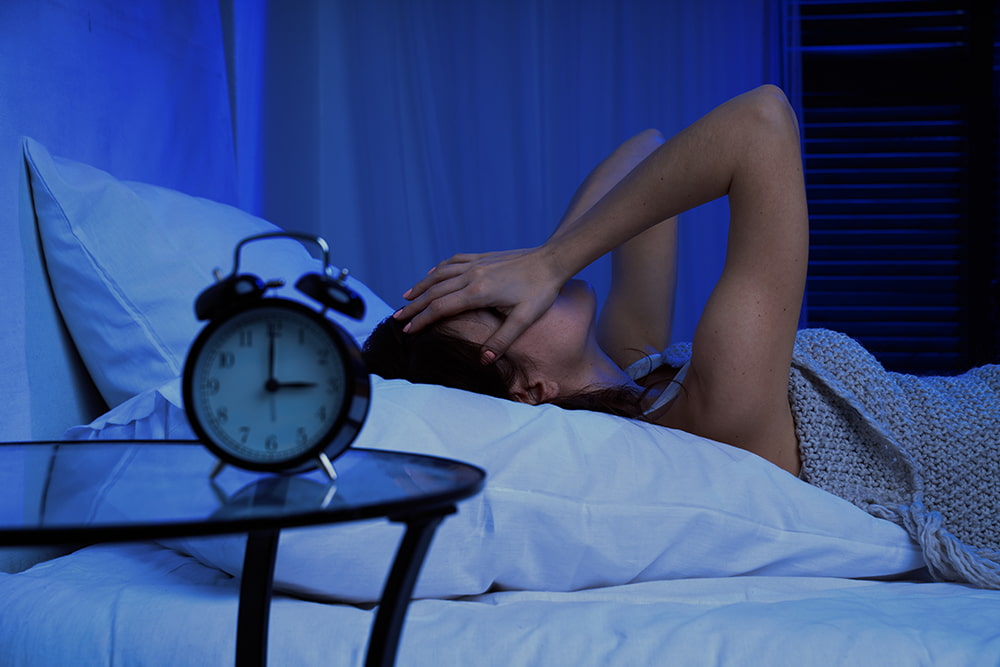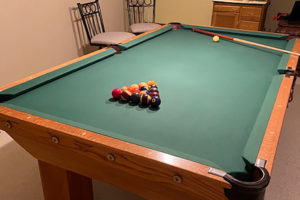- It’s Sunday afternoon and while sitting in my recliner watching television, I end up taking a nap over two hours. Why am I not able to fall asleep at my normal bedtime hour?
- I had to work late and ended up eating later than normal, then watched TV and browsed on my iPhone. Why am I not able to fall asleep?
- I had a cup of coffee or a caffeinated product during an evening meeting. Why am I not able to sleep?
It can be very frustrating when you can’t get sleep. And often, the more you worry about not being able to get to sleep the worse it is! Most people don’t realize that simple changes in your daily habits can have a big impact on your sleep.
3 Ways to Improve Your Sleep
Sleep is a vital human function just as important as the oxygen we breathe, the water we drink, and the food we eat. Here are some helpful hints on how to improve your sleep:
Keep a Consistent Sleep Schedule and Make Sleep a Priority
-
- Find the amount of sleep you need to help you feel refreshed and energized during the day. Sleep needs vary for each person; there is no magic number.
- Get up at the same time each day.
- Avoid naps if possible. If you need a nap, limit the nap to less than an hour and no napping after 3 p.m. A nap longer than an hour or after 3 p.m. will alter your sleep-wake schedule and make it more difficult to fall asleep at night.
Develop Healthy Habits
-
- Exercising regularly will help you sleep more soundly.
- Eat regular meals and do not go to bed hungry. If you are hungry before you go to bed, eat something that is easily digestible, such as a piece of toast (carbohydrate).
- Avoid excessive liquids before bedtime. This will reduce the number of times you wake up to go the bathroom at night.
- Decrease caffeine products. Caffeinated beverages and foods (such as coffee, tea, cola, and chocolate) can make it difficult to fall asleep. Caffeine will affect your sleep for up to eight hours after consumption.
- Avoid alcohol, especially before bedtime. Alcohol may help you fall asleep more easily but will wear off, causing you to wake up more.
- Smoking may disturb sleep. Nicotine is a stimulant that could interfere with falling asleep.
Create the Right Sleep Environment
-
- Make your bedroom comfortable and free from light and noise. Room-darkening shades, earplugs, and/or white noise may help.
- Have a comfortable mattress and pillow.
- Find a bedroom temperature that works for you. Cooler rooms often promote better sleep.
- Stop using your electronic devices 30-60 minutes before your bedtime. The screens on the devices emit a blue light that suppresses the production of melatonin. Melatonin is a natural hormone produced to regulate our 24-hour sleep-wake cycle. Think of it this way: lights off=melatonin on, lights on=melatonin off
- Do not take your problems to bed. Plan time earlier in the day to work on problems or plan your next day activities.
Take Steps for a Good Night’s Sleep – ZZZs, please!
When you get a good night’s sleep, it’s amazing how much better you feel the next day. It also improves your overall health.
In some cases, there are health conditions that can prevent you from getting the sleep you need, even when you adjust your daily habits to improve your sleep. If this is the case for you, it’s important to talk to your doctor to determine what might be impacting your sleep.

Cindy Dahl
Registered Sleep Technologist
Registered Sleep Technologist, Bryan Center for Sleep Medicine








